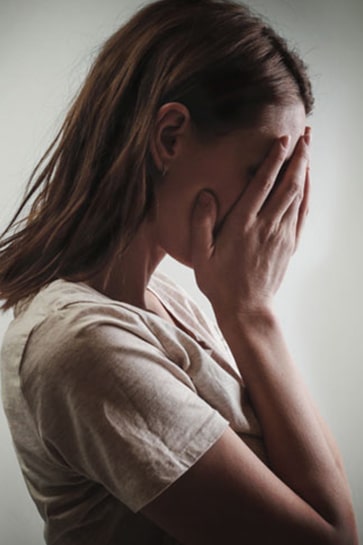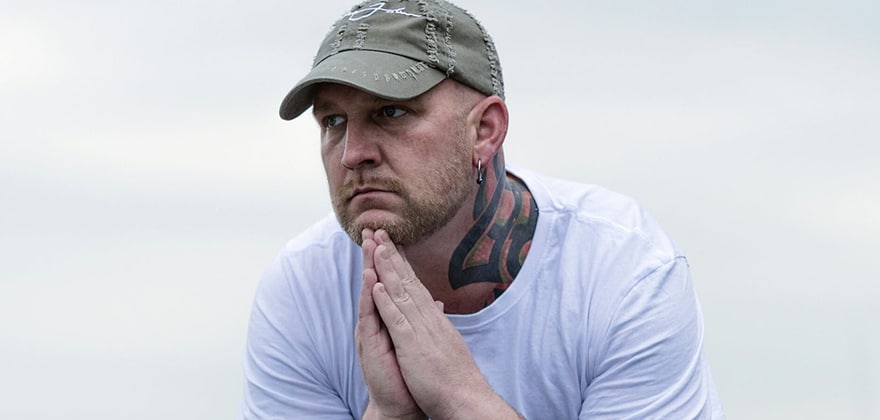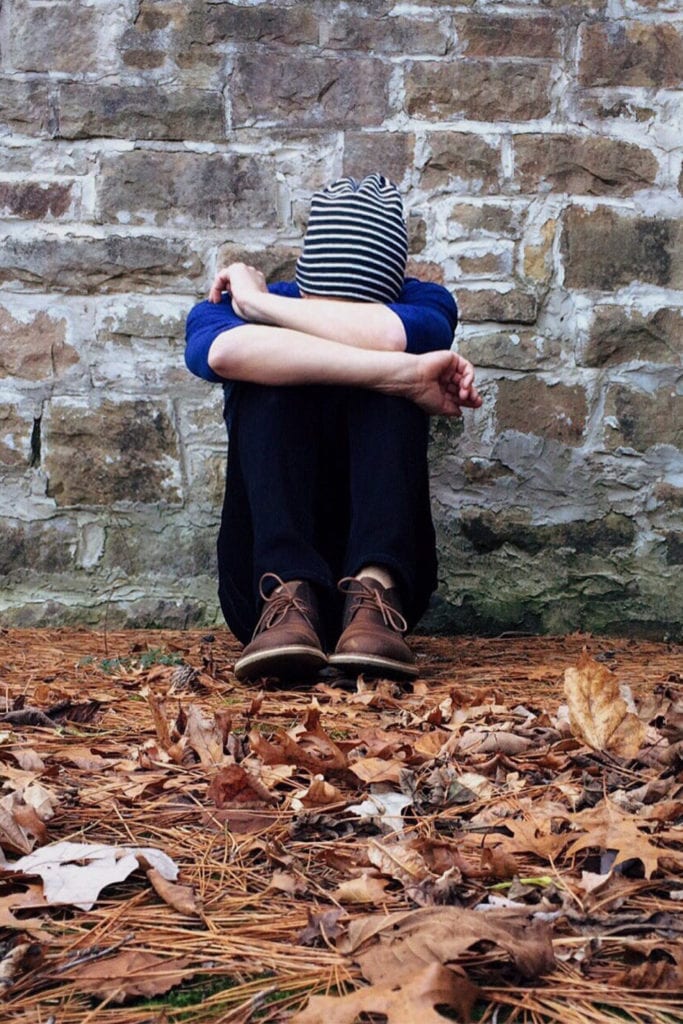


If you or a loved one are experiencing suicidal thoughts call the National Suicide Prevention Lifeline at 1-800-273-8255 or visit their website by clicking here.
Suicide can be prevented. In fact, at D’Amore Healthcare™, we stand in the space between a patient’s peace, the expression of their identity, and the risks that threaten or mute their personality, passion, or purpose. Choosing a high-quality treatment center to prevent overdose or suicide is one path to peace of mind. Preventing suicide means keeping a keen eye out for early signs of mental illnesses and substance use. When treated, mental health disorders and substance use disorders can improve, thereby substantially decreasing one’s risk for suicide or a fatal overdose.
For information on the troubling trend of suicidality among the Teenage and Young Adult communities, please see our Teen Suicide Resource Page.

More than 41,000 deaths per year in the U.S. are suicide.
– Substance Abuse and Mental Health Services Administration, 2013
In addition, over 800,000 people per year die by suicide.
– World Health Organization, 2013
Suicide was the second leading cause of death among individuals between the ages of 10 and 34.
– Centers for Disease Control and Prevention, 2017
The space between personality, identity, and hope usually needs an advocate or two. We are ready to step into the arena with you!
If you or a loved one might be one of the 10.2 million adults suffering from a co-occurring mental illness and substance use disorder, please call (714) 375-1110. Hope is closer than you think.
Suicidal Ideation is a concept that encompasses everything from wishing to be dead to ideas about dying by suicide. These ideas are not always persistent, but are common among people with mental health disorders. Most people with suicidal ideation do not commit suicide but suicidal ideation is a definite risk factor for suicide. Suicidal Intent is a greater concern than occasional and mild thoughts about suicide. Suicidal Intent is charactrized by near constant thoughts of dying with consideration taken to what the person’s friends and family members’ lives will be like after they are gone. The next stage of risk is Suicidal Planning. In these cases, a person has a time, place, and method chosen to attempt suicide. This stage has the highest level of suicidal risk. In this situation, an intervention is necessary in order to prevent the person from killing themselves.
Certain mental health disorders predispose a person to these types of thoughts. Major Depresssion Disorder, Bipolar Disorder, and Borderline Personality Disorder are the three most common mental health disorders associated with people who suffer from these more intense suicidal impulses.



People suffering from this disorder often have intense feelings of sadness, emptiness and hopelessness. They may feel inappropriate levels of guilt or worthlessness. Some have trouble sleeping or sleep an excessive amount. They have very low energy levels and can exhibit drastic weight loss or weight gain. If a person with severe depression lives alone they are at greater risk of suicide.
Those who suffer from bipolar disorder are 15 times more likely to commit suicide than the general population. Some studies suggests that a 25% of people who have committed suicide had bipolar disorder. Over 50% of people with bipolar disorder also suffer from substance abuse addiction. People who have co-occurring conditions are more likely to commit suicide than those with one or the other.
A major symptoms of borderline personality disorder is self-destructive behavior. People who suffer from borderline personality disorder often have an unstable self-image and get involved in chaotic relationships. Those affected by borderline personality disorder commonly suffer from drug or alcohol addiction. About 10% of these people commit suicide.
Suicide, addiction, and depression are all interconnected. Many people who suffer from severe depression turn to drugs and alcohol to numb their pain. However, alcohol and drug use can actually increase the intensity and length of depressive episodes. Despite the temporary relief that substance abuse may provide, in the long run, it will increase the risk of suicidal thoughts. Addiction will also deteriorate a person’s support system by wearing away at their relationships with family, friends, and loved ones. Coupled with the financial strains that often accompany addiction, these issues can further increase the risk of suicide. In an inebriated state, an addict’s judgement is often impaired which can increase the likelihood of a suicide attempt.

In a survey of suicides in the United States in 2015, 13,317 people were tested for drugs and alcohol 74.4% tested positive for one or more substances.
At D’Amore Healthcare™, we offer around-the-clock care to help mitigate the risk of suicide. Our staff members ensure that our patients are protected from access to weapons and surplus medications. Our expert team of licensed clinicians is on-call 24-hours a day to provide support for people who may want to hurt themselves. At our inpatient treatment center, our staff collaborates with our patients to create a customized treatment plan that can be monitored and adjusted throughout the recovery process. Our staff becomes an intrinsic part of the daily lives of our patients. Because of this they are able to reach our patients under the direst of circumstances by relating to them on a one-to-one level. Through this connection, they are able to build them up from the depths of their hopelessness and show them the wonders of recovery.
Our staff of Mental health clinicians will evaluate the patient’s mood and mindset. They will assess the patient’s addiction level along with the nature of their suicidal thoughts and any co-occurring mental health diagnoses.
In order to begin the recovery process our staff will guide our clients through a medically-assisted detox of any abused or unnecessary drugs or medications that may be affecting their decision making ability. We work to minimize any withdrawal symptoms that the patient might encounter.
If our patients are suffering from mood or personality disorders we will prescribe the appropriate medications to be used in conjunction with behavioral therapy.
Each patient will be assigned a therapist who they will meet with for one-on-one sessions. During these therapy sessions, they will work together to analyze the relationship between their thoughts, feelings and behaviors. Patients will also learn coping skills that they can apply in their daily lives.
Our patients also attend group counseling sessions that are led by mental health professionals. The purpose of these counseling sessions is to develop healthy socialization techniques and share common experiences associated with addiction and suicidal thoughts.
D’Amore’s staff works with our patients to develop a comprehensive aftercare treatment plan to take with them after they leave our residential suicide prevention program.



Jamie Mantel is a Licensed Marriage and Family Therapist, with a Psy.D. in psychology. Jamie has worked for non-profits for over 20 years working with agencies, as well as her private practice in Huntington Beach, California.